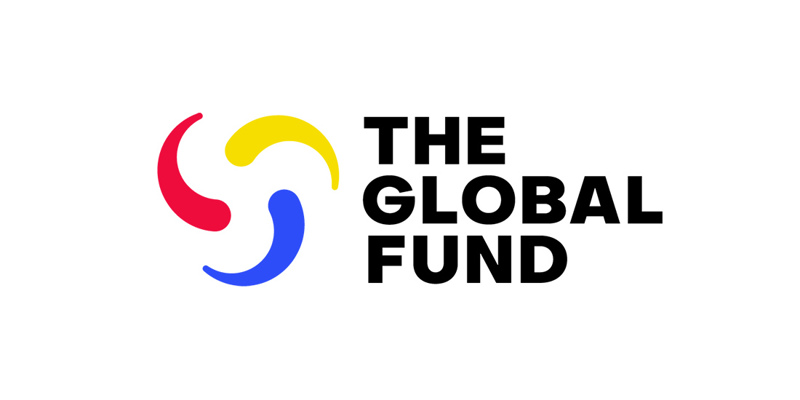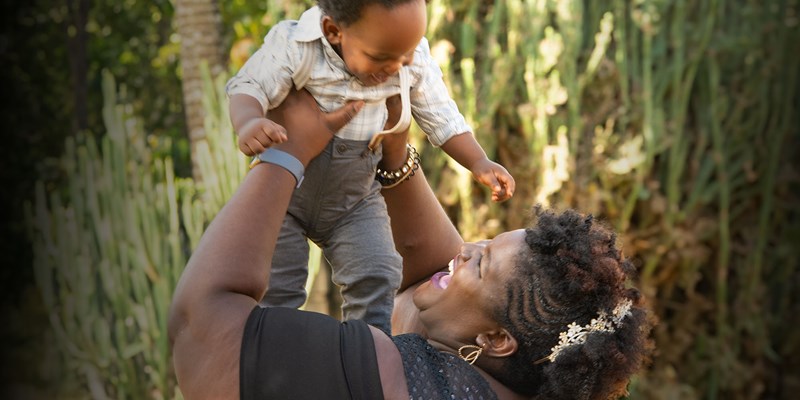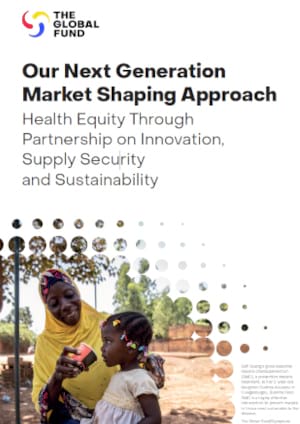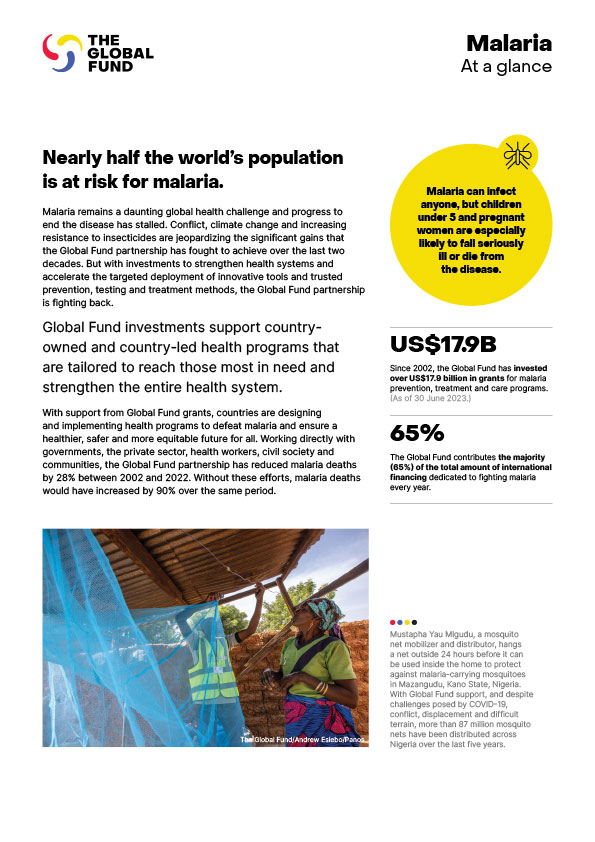Global Fund Board Calls for Global Mobilization Ahead of Crucial Seventh Replenishment and Gets Ready for Implementation of New Strategy
13 May 2022
GENEVA – The Board of the Global Fund to Fight AIDS, Tuberculosis and Malaria held its 47th Board meeting this week in Geneva. A few months ahead of the Global Fund’s Seventh Replenishment Conference to be hosted by the United States, the Board renewed its call to the global community to fight for what counts – a world free of AIDS, TB and malaria – and expressed its strong determination to achieve a successful Replenishment. The Global Fund’s target is to raise at least US$18 billion [ download in عربي | Deutsch | English | Español | Français | Русский ] to save 20 million lives, cut the death rate from HIV, TB and malaria by 64% and strengthen systems for health to build a healthier, more equitable world.
“2022 is a critical year in our efforts to get back on track in the fight against HIV, tuberculosis, and malaria and in building resilient and sustainable systems for health that can end the three epidemics and help the world prepare for future pandemics,” said Dr. Donald Kaberuka, Chair of the Board of the Global Fund. “We must raise our ambition and galvanize the world to deliver the Global Fund’s US$18 billion fundraising target. Effective global cooperation and health equity will remain a crucial area of focus for the Global Fund. Our success depends on each and everyone’s dedication and strong partnership. I would like, on behalf of the Board, to express our profound appreciation for staff members’ commitment to serving people affected by HIV/AIDS, TB, and malaria despite the unique challenges we have all faced in the last two years.”
Implementing the new Strategy
Over the three-day meeting, the Board discussed the evolving landscape on global health, with a strong focus on implementing the Global Fund’s ambitious new Strategy that places people and communities front and center of the fight against HIV, TB, and malaria and accelerates the shift to more integrated, people-centered models of prevention, treatment and care toward the 2030 horizon.
Noting the progress made on the preparations for implementation of the new Strategy [ download in عربي | English | Español | Français | Português | Русский ] , Roslyn Morauta, Vice-Chair of the Board, echoed the views of other Board members in calling the Global Fund to continue to protect and advance human rights, gender equality and health equity, to be a champion for community leadership, and to further evolve its work and partnership in these areas. “The COVID-19 pandemic and efforts to control it have exacerbated human rights and gender-related barriers,” she said. “At the same time, humanitarian crises from Myanmar to Afghanistan to Ethiopia, and most recently in Ukraine, further threaten our community partners and put human rights, disease responses and lives at risk. These crises have underscored the need for strong and well-resourced community systems and responses. Planning the implementation of the 2023 – 2028 Strategy provides an important opportunity to respond strongly to the challenges we face.”
Major grant cycle decisions
The Board approved three critical decisions for launching the next cycle of grants under the new Strategy. These include a revised Eligibility Policy, a new methodology for funding allocations in the 2023-2025 period, and critical catalytic investments for the 2023-2025 allocation period. The new methodology for funding allocations will maximize the impact of investments to end the three diseases as public health threats and build resilient and sustainable systems for health.
Threats to global health
The Board expressed strong support and solidarity for alternate Board member Andriy Klepikov, Executive Director of the Alliance for Public Health, one of the largest HIV- and TB-focused civil society organizations in Ukraine and Eastern Europe, who opened the Board meeting with a powerful call for freedom, peace and justice.
In his address to the Board, the Global Fund’s Executive Director Peter Sands highlighted the critical role of the partnership in times marked by the war in Ukraine and the COVID-19 pandemic: “We are implementing far more than we have ever implemented before,” he said. “In 2021, the Global Fund disbursed over US$5 billion to support the fight against HIV, TB, malaria and COVID-19. This is 20% more than we have ever disbursed, and that number is even higher in 2022. Through grant flexibilities, emergency funding and our COVID-19 Response Mechanism, we have demonstrated that we can adapt the Global Fund’s operational model to deploy these financial resources swiftly and to invest them well.”
Looking at current global health threats, Sands insisted that US$18 billion is the minimum to get back on track to end AIDS, TB and malaria. “COVID-19 is not going to go away,” he said. “As we transition to a longer-term fight against the virus, we will need a better integration of the COVID-19 responses with the responses against AIDS, TB and malaria.” Sands also warned that surging food and energy prices stoked by the war in Ukraine may hit the communities most vulnerable to the three diseases around the world. “In a period of extreme volatility, we must ensure we get the maximum impact of every dollar we invest and keep the sense of our collective mission by increasing the intensity of collaboration with global partners,” he added. To conclude, Sands praised President Biden’s intended pledge of US$6 billion for the Seventh Replenishment. He also recognized the commitment and professionalism of community health workers delivering care in often difficult and challenging conditions.
Ahead of the next Board leadership selection process to be launched in the third quarter of 2022, Board members agreed a longer term is considered best practice to support leadership continuity and institutional memory and effectiveness through key institutional cycles and decisions. They therefore approved the extension of the Board Chair and Vice Chair term from two to three years. This decision will not impact the term of the current Board leadership, which is set to end after the first Board meeting in 2023.







